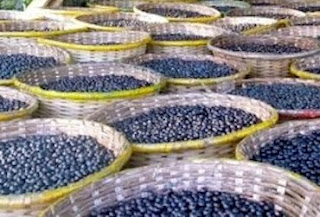As the Nagoya Protocol to the Convention on Biological Diversity on Access and Benefit Sharing (ABS) is ratified by more and more nations, it is important that stakeholders understand its implications. To help businesses, and especially companies using biodiversity to develop food and personal care products, Natural Justice-partner the Union for Ethical BioTrade (UEBT) has released a technical brief on the provisions of the Nagoya Protocol.
The brief begins by describing the overall purpose of the Nagoya Protocol and outlining the types of activities that will be impacted by its implementation. It then discusses changes to existing ABS requirements and details which countries will be establishing measures for ABS under the Protocol. It concludes by focusing on the specific implications for natural ingredients in food and personal care products.








